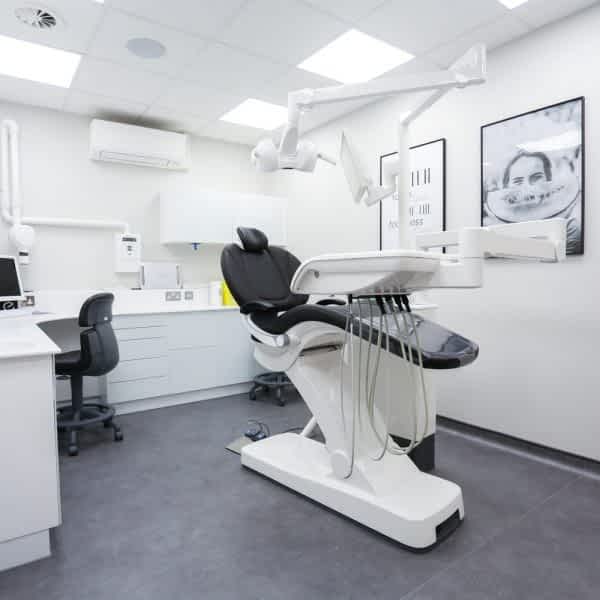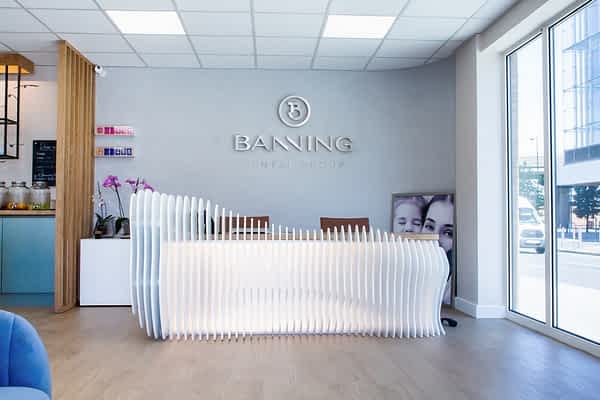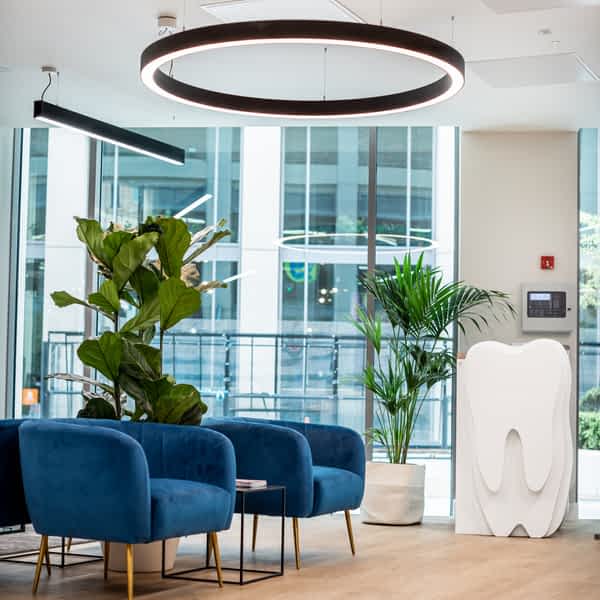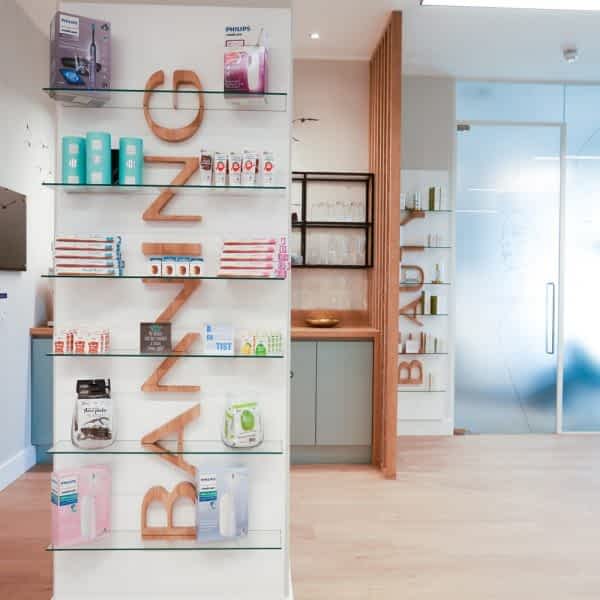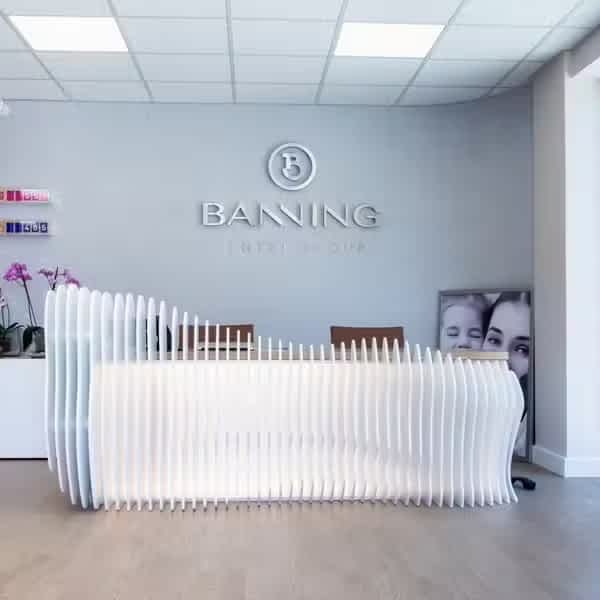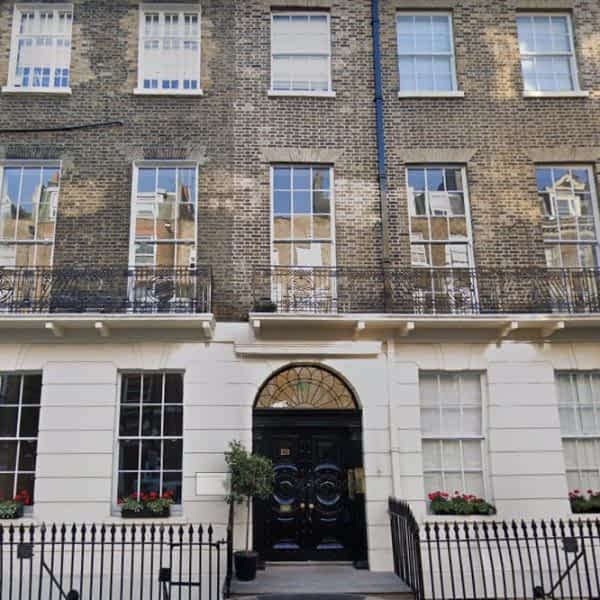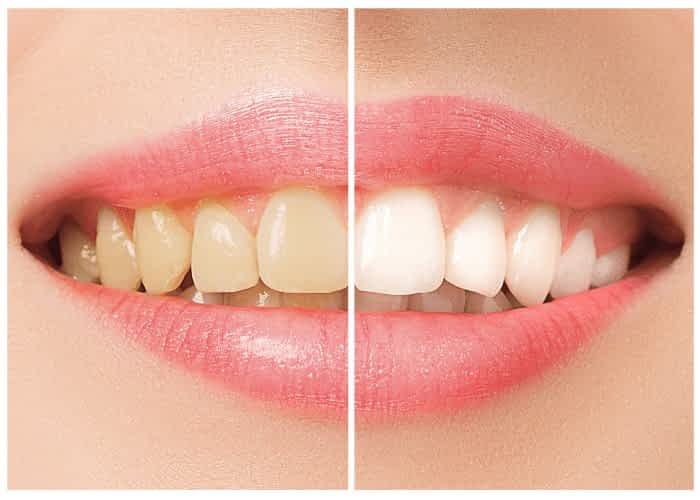
Effective ways to prevent your teeth staining
Teeth staining. It’s one of those things that just slowly creeps up on you without even realising, until boom. One day you look in the mirror and barely recognise your own smile. It’s highly frustrating to find that no matter how good at brushing you are, tooth stains are stubborn and damn difficult to remove. If staining has set in, there is very little you can do to do reverse it yourself.
Sadly, it can have quite an impact on the appearance of your smile and may make you feel self-conscious of openly displaying your teeth. Teeth staining also gives an aged look. If you feel like your face is starting to look tired and worn, it might be less about your skin and more about your teeth.
According to the BBC ‘studies show that 18-52% of people are dissatisfied with the colour of their teeth.’ Taking into account those that have already sought treatment for the problem, teeth staining affects a huge part of the adult population.
Unfortunately, solutions are only usually sought when the problem has already set in. There is no shortage of teeth whitening products on the market promising to restore lacklustre, yellowing teeth to their former glory and this is most certainly a route that many chose to explore. The teeth whitening industry is worth billions of dollars worldwide and £40 Million annually in the UK alone. However, fixing the problem after it has happened is metaphorically ‘shutting the stable door, once the horse has bolted.’
There are plenty of ways to prevent your teeth staining in the first place. These methods are also effective for those who may recently have undergone whitening treatment and want to avoid repeating the staining cycle all over again.
Here is some background on what causes teeth staining and what you can do in the future to avoid it.
Why does teeth staining occur?
There are two common types of teeth staining. Extrinsic or Intrinsic
Extrinsic teeth staining is that which occurs to the hard outer enamel layer of teeth. It is the most common form of staining, which typically results from contact with food, drinks or other substances that are known to stain the teeth.
The reason why certain substances cause staining over others is due to their chemical compound. Those substances that have a high chromogen level are highly likely to contribute to discolouration. Chromogens have highly pigmented molecules, which can latch onto the enamel and impart their colouring. When combined with a high content of tannin, chromogens become even more sticky, applying a solid grip to the tooth.
Dark foods and acidity also play their role in discolouration. The acidity weakens the tooth enamel leaving it more susceptible to staining, and darker liquids are for obvious reasons more stubborn to shift when the tooth is left exposed.
The common culprits for Extrinsic staining are:
• Tobacco
• Coffee
• Tea
• Red wine
• Fruit juices
• Coca-cola
• Tomato-based sauces
• Curry
• Balsamic vinegar
• Beetroot.
Intrinsic teeth staining, on the other hand, affects the inner ‘dentine’ later of the tooth. It may not be as visible if the enamel remains intact, but once the enamel is weakened, the discolouration will show through the outer layer.
Intrinsic teeth staining is more likely to be caused by health or trauma-related issues and are more difficult to treat as it must be approached from the inside rather than the surface. Typical causes can be:
• High exposure to fluoride
• Certain medications
• Accident or trauma to the tooth
• Tooth decay
• Genetic reasons
A third, but important reason for the yellowing of teeth, is age. As we age, its harder to maintain the whiter than white teeth that we may have enjoyed in our youth. Our enamel begins to wear and as a result becomes more translucent, exposing the dull dentine layer beneath.
Tips to avoid teeth staining
If it will stain your carpet, it will stain your teeth
This is a simple rule of thumb to live by when considering what food, drinks will stain your teeth. It can be hard sticking to a diet all the time, but if you picture this concept working in principle, it might just help you regulate how often you are consuming the worst of the stain causers.
Can you imagine throwing an entire glass of red wine or a cup of black coffee all over your beautiful new white sofa? You would be quick to pull out every upholstery cleaning product to hand and experiment with every old wives tale you have ever heard to avoid the stain setting in.
In reality, these accidents do not occur very often, so the odd spillage can often be solved. In the case of your teeth, however, this is more than just a one-off. The ongoing build-up of tannins from red wine, tea, coffee hitting the same spot repeatedly over the course of just a few months will take its toll. Just imagine what a couple of cups of coffee a day might do or an entire bottle of wine.
Moderation is key. Be mindful of the worst culprits and balance it out with food and drink that isn’t going to have such catastrophic consequences for your teeth.
Rinse well
On the occasions that you do find yourself consuming stain inducing foods, always keep water at hand. Whilst you can’t be expected to brush your teeth after everything that enters your mouth, a good swill and rinse with water will help to wash away some of those powerful staining substances.
If you try to introduce regular sips between eating and drinking, you will reduce the chances of the stains setting in, at least until you are able to clean properly.
Chew vegetables
Crunching on raw celery or carrot sticks is also a simple, healthy and natural way to keep surfaces and interdental spaces clean and stain free. Fibrous vegetables are low in sugar and have an abrasive quality that is an excellent ‘in-between clean’ option for when you are on the go.
This certainly shouldn’t replace your normal oral hygiene routines but will assist with keeping staining at bay when your toothbrush is out of reach.
Use a straw
By using a straw with your drink rather than drinking directly from a cup, you will bypass the teeth and reduce their exposure to both sugar and staining liquids. The less time your teeth have contact with a stain-maker, the lower the chance that staining will occur.
Due to the environmental issues surrounding plastic straws, there are now many non-disposable straws on the market to keep on your person for the benefit of your teeth.
Quit the nic(otine)
Cast your mind back to 2007, when the smoking ban was first introduced to the UK. Indoor public spaces were weathered, worn and hungover from decades of stale smoke fumes. The stains were almost part of the fabric of the buildings themselves and it’s taken complete renovations to introduce a fresh new lease of life, suitable for non-smoking society.
If you compare your teeth to these confined spaces, you will understand how staining due to smoking can suddenly dull the dazzle of your smile. Smoking is one of the leading culprits in teeth staining, aside from the numerous other associated health problems.
If having beautifully white teeth is high on your list of priorities, then quitting tobacco has to be on your agenda.
Professional Cleaning
It is inevitable that our teeth will be subject to some level of staining throughout our lifetime, even when we are taking precautions to avoid discolouration.
The best way to never allow the staining to get completely out of control is to commit to periodic, professional cleaning alongside your own daily routines. This will mean that any minor change in colour can be stopped in its tracks and reset before it accelerates to needing reversal treatment.
You cannot underestimate the difference that a good hygienists clean can make to the way that your teeth both look and feel. It will also give you the best possible foundation from which you can maintain yourself at home.


